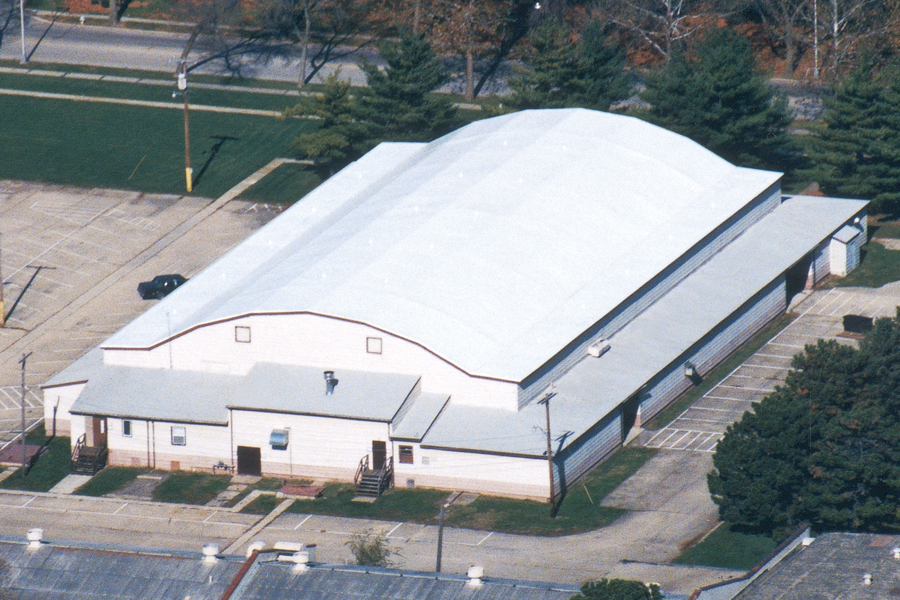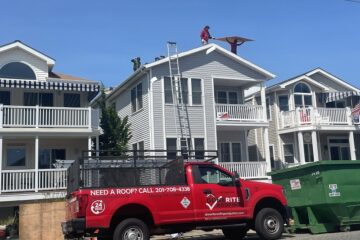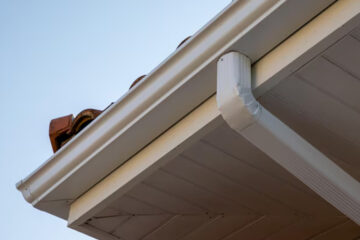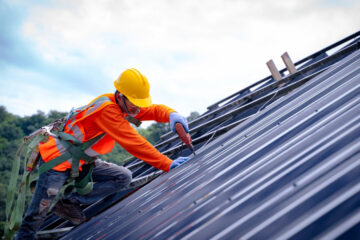Preparing your commercial roof for the Heat

Summer is here and some days are already getting pretty hot. It is important to understand that the surface of your commercial roofing can reach extreme temperatures during the summer months and this can cause damage if you are not prepared. Continual UV exposure can damage roofing membranes and cause cracks, so you need to get your roof prepared for the summer heatwaves.
Some commercial buildings may sit unoccupied over the summer months and can be affected by the weather. A building that sits empty will not be pleasant to enter if it has been baking in the sun for a few months. Not only will the inside be unbearable, but that amount of heat can cause damage to the roofing structure, causing extensive damage.
Having the right commercial roofing is the best way to prevent any of these problems. Cool roofing systems can help to reduce costs for energy and protect it from damaging heat exposure. These systems are typically made of lightweight hybrid single-ply and built-up system materials.
The best cool roof systems are applied in two layers.
- A gray UV-blocking acrylic surface that protects against UV radiation damage
- An ultra-white acrylic layer made of super reflective material which offers heat and light reflection
The next thing commercial building owners need to do is to develop a maintenance plan. This will prevent damage to your roof during extreme heat. Regular maintenance and inspections also allow you to identify any damage before it gets spreads and becomes more costly and dangerous. The last thing you want to have to deal with is expensive structural damage caused by a leak.
Work with a licensed commercial roofing contractor to get an inspection done before the summer arrives or in the beginning months. They will inspect both the inside and outside to ensure your roof is up for the challenge. The following signs are important to look for and could indicate prior damage that you want to fix before the heat arrives gets too bad.
- Discolored or water-stained ceilings
- Cracked walls or masonry
- Loose or buckled flashing
- Cracks, blisters, or punctures in the roof membrane
- Deteriorated areas on the walls below the roof deck
- Nails or screws backing out through the roof membrane
- Bald or bare spots on the surface from UV damage
- Gaps in any caulking around roof penetrations (vents or HVAC units)
By regularly inspecting and maintaining your commercial roof, you can identify problems before the summer heat arrives. Work with an experienced professional to make sure all damage is found early and fixed right away. A damaged roof can lead to injuries as well as a loss on your investment, so call us today and we will help you prepare for whatever heat the summer is bringing.




